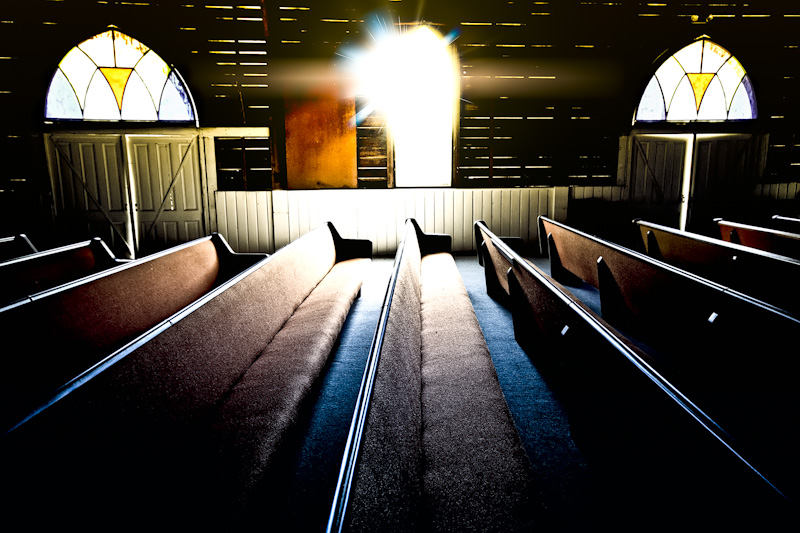From The Neighborhood Guru’s Confessions
In June the brute August sun burst into the sky,
and stayed; lawns up and down the block recoiled,
then retreated beneath brown covers, and held out,
while weed grasses, eager to live, too, moved in.
My sympathy went to my set-upon lawn, crying
for water, I imagined, like a rabbit cries
when his stomach aches or a hawk attacks,
but I let it suffer, left it to endure as it could,
accepting on faith the reports mystics file
that love–supreme, ineffable love–underlies pain
in the moment and season, and grief at every end.
I meant to touch and hold the peace that follows yes.
I sat outside, holding an umbrella, with the mind,
I hoped, of a monk, and observed the lawn bake
crispier than shoestring potatoes, and splotches
of crabgrass sprout like jackals on a carcass.
I saw heat shimmer the air, but never the radiance
or even a glimmer of an immanent love.
I sat in a puddle of sweat-pebbles and felt stupid
and worse, perverse, witnessing struggle my gut said
join, leave peace to the vanquished and dead,
until a wake-up stick struck me—life needed no,
then slapping at a world that didn’t love anything.
Revenant, I soaked a lawn too burned up to swallow.
______________
Steve Hatfield
Review by Paul Nelson
“The image is always the sufficient symbol.” WCW (I hope) was right. The sun-burnt lawn in Steve Hatfield’s “From The Neighborhood Guru’s Confessions” is so ordinary. It can suffer. Steve’s observation, his language, are felt as empathy for his scrabble lawn, tempered by hard knowledge: “leave peace to the vanquished and the dead.” With airy notions that “love underlies pain.” So allow the lawn to struggle. Reminds me of my long dead Mother from war-torn Finland. Ah, but the tough guy folds! Soaks “a lawn,” not his own “set upon lawn” anymore, objectified, subtly, because he’d let it get “too burned up to swallow.” Survival is his. This poem works on me.
Review by Massimo Fantuzzi
One might be tempted to read in this poem a cosmic pessimism similar to Leopardi’s (I’m thinking of his 19th April 1826 entry in Zibaldone, where the poet details all the souffrance you witness in a garden of plants, even in the mildest season of the year), but that will mean missing a lot of this work and attitude.
Find meaning in suffering, longing, and fight for survival, where suffering, longing, and demise appear to be the natural, unavoidable order. The mystic’s and scientist’s answers strangely converge: from a faith or faithless approach, they both offer logic and plausible explanation, and both bend you towards acceptance: things pine and die, they’ll tell you: in the grand scheme of things, things are of no consequence, things are secondary to something else, and while we are part of those things, we are destined to something else. But there you have it, none of all priests’ and doctors’ odds and narratives can satisfy you fully, Revenant: a human cry and the most humane act that follows, both secular and illogical, only a hopeless hope can save you from reality and put its wrongs right.

